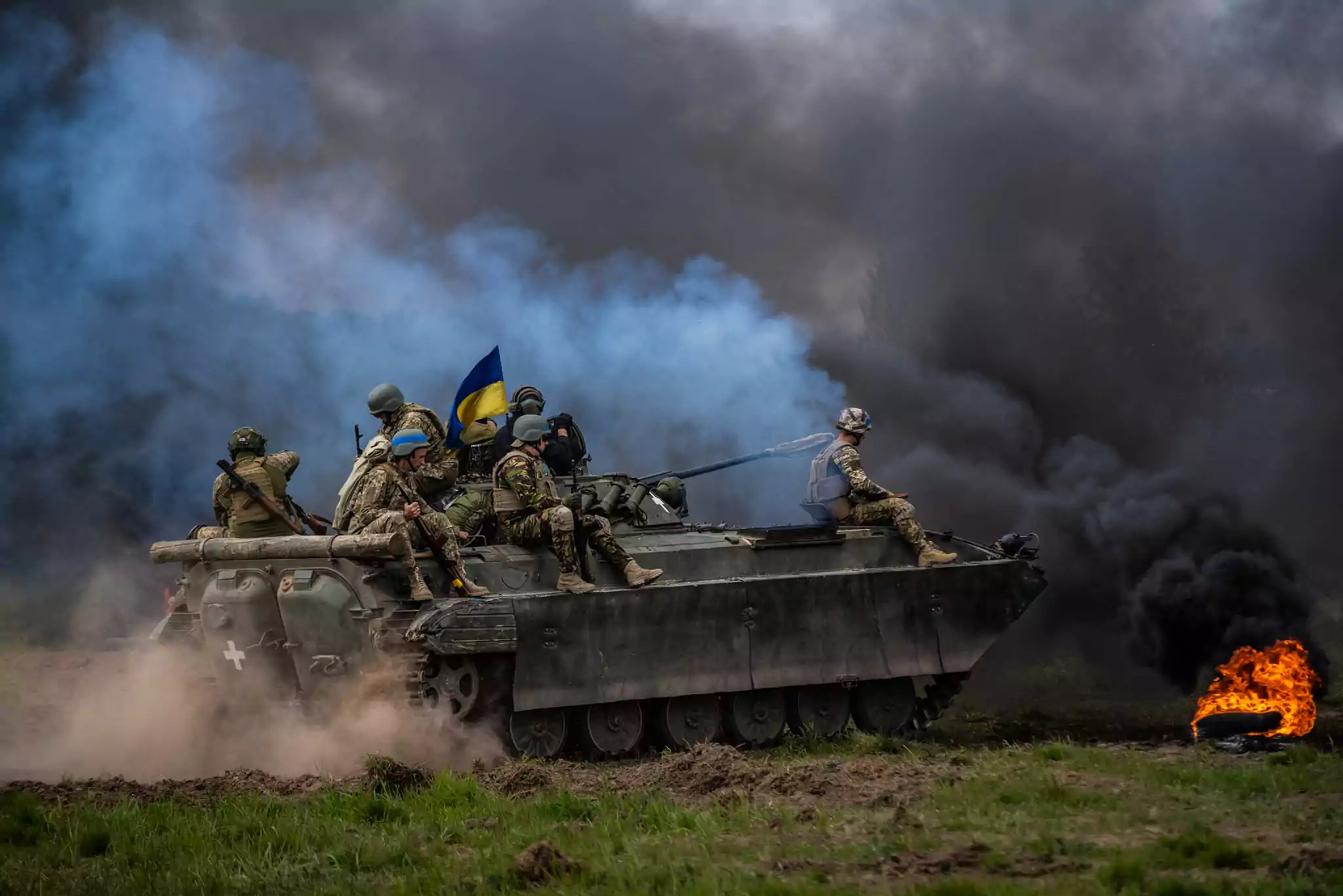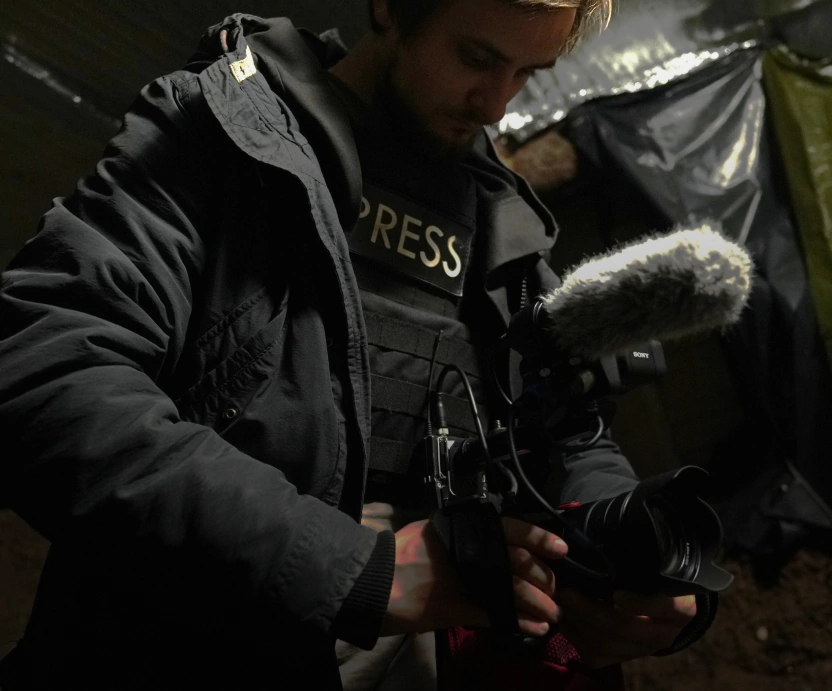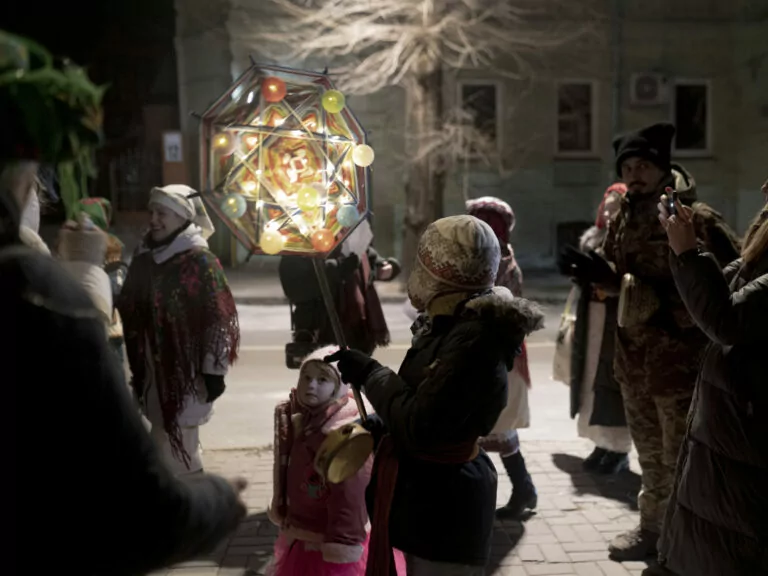KHARKIV OBLAST, UKRAINE, May 10 — In the Kupiansk direction, Ukrainian defenders repelled 13 Russian attacks near Synkivka, Petropavlivka, and Berestove in the Kharkiv region, reported General Staff of the Armed Forces of Ukraine in their morning briefing.
On the Kupiansk axis, Russia is trying to occupy the rest of the Luhansk oblast and push into Kharkiv oblast’s eastern and Donetsk oblast’s northern regions. One of Russia’s goals is to reoccupy Kupiansk, a logistics and railway hub between Kharkiv and Luhansk oblasts. Seizing it would allow the Russian army to boost its supply efforts.
As General Staff informed, in the Slobozhanskyi direction, in the border areas, the Russian military conducts intense sabotage activities to prevent the deployment of Ukrainian troops to more dangerous directions and increases the density of minefields along the state border in the Belgorod Oblast. In particular, on May 8, the Armed Forces repelled a 13-member sabotage group conducting reconnaissance.
Deputy chief of Ukrainian military intelligence agency Vadym Skibitskyi said in an interview with Economist, published on May 2, that Russian troops are preparing for an assault on the Kharkiv and Sumy regions, presumably at the end of May or in June 2024.
According to Skibitskyi, currently, Russians have 35,000 troops in their northern grouping “across from Kharkiv” and 514,000 land troops “committed to Ukraine operation” in general. For an assault, Skibitskyi says the grouping “is set to expand to between 50,000 and 70,000 troops.” However, even 70,000 Russian troops are “not enough,” in Skibitskyi’s opinion, to take a major city like Kharkiv.
In total, according to the General Staff, there were 95 combat clashes along the frontline over the past day. Russia launched six missile strikes and 80 airstrikes, and fired 127 times from multiple launch rocket systems at the positions of Ukrainian troops and various towns and villages.
Read more
- Russian forces kept up the offensive along the Kupiansk-Svatove-Kreminna line, but there were no changes to the frontline, reports the Institute for the Study of War (ISW) research group and think tank in its assessment from May 7.





